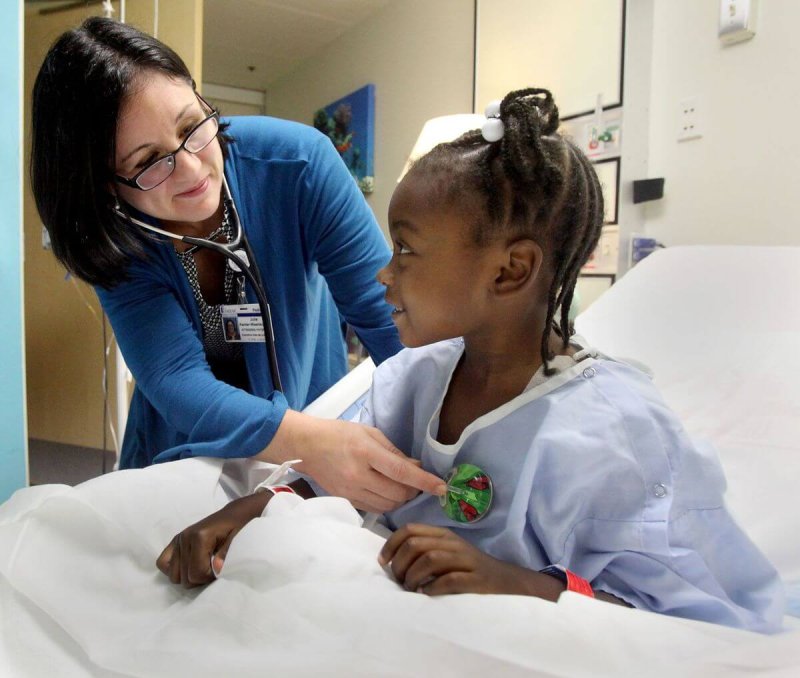The breakthrough gene-editing technology CRISPR-Cas9, which was co-discovered by Jennifer Doudna, a UC Berkeley professor of biochemistry and molecular biology, may soon be applied to humans for the first time to treat sickle cell disease.
…
Currently, sickle cell disease is most often treated with extended hospitalizations and constant medication. The only curative treatment currently available is a bone marrow transplant, which is an invasive treatment and requires a donor.
CRISPR, on the other hand, would not require a donor, as it targets the patient’s own stem cells. Because stem cells give rise to all other cells, CRISPR could alter the genetic code of a stem cell and fix all red blood cells downstream.
The first clinical trials could begin within the next couple of years according to pediatric hematologist Mark Walters, who is heading the project through UCSF and will be performing the clinical trials.
…
CRISPR as a treatment for sickle cell disease is the first step in what could become a common way to treat genetic diseases. While there remains a great deal of skepticism about gene-editing technology, there also exists a great deal of hope where none previously existed. Diseases that have long been mitigated but never fully addressed could soon be curable using this technology.
Read full, original post: 1st human application of CRISPR could end sickle cell disease































